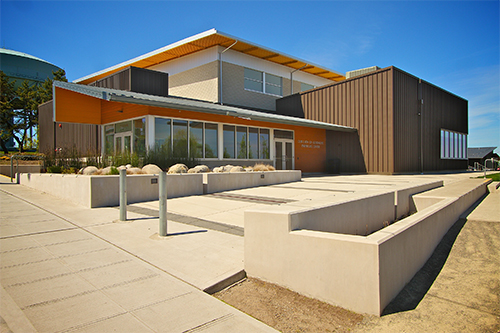In third grade, children will start to put their concrete learning into practice as they tackle more complicated and abstract assignments. Our core curriculum will include:
Math
The foundation of addition and subtraction is in place! Moving on from adding and subtracting two- and three-digit numbers, regrouping and measurement in second grade math, third graders focus on more advanced multiplication and division, larger whole numbers (from 1,000 up) patterns that involve those numbers, geometry and probability. By the end of third grade, students will have learned the skill of mental math and to work out problems on paper rather than with physical objects, to work with fraction, to estimate, to interpret graphs and to predict probability and outcomes. Students will continue to use the interactive Math in Focus curriculum to master the Common Core Standards.
Reading
In third grade kids take their basic reading skills to the next level. They’ll by now have learned how to decipher words they don’t understand, by context clues or looking at pictures. Your third grader will now delve into chapter books (if they haven’t already don so) and fact books. This year, students transition from learning to read to reading to learn, which takes practice, practice, and more practice! They will be asked to discuss book stories and facts in smaller groups, and to summarize and present book reports. We will introduce different kinds of writing, from newspapers and magazines, to web sites, to fiction and fact books. Third graders are expected to read a minimum of 20 minutes everyday at home. As homework, they will record their reading minutes on the Weekly Reading Log. At-home reading will include books of students’ choosing as well as teacher-assigned science, social studies, or spelling assignments. We will be using the Wonders curriculum for our Language Arts learning -reading, writing, spelling- which provides opportunities for students to practice reading skills/strategies independently, with a peer, and in small groups.
Writing
In writing, children will be expected to prepare more complex writing assignments and, in doing so, will learn organizational methods, such as creating maps, webs and Venn diagrams to organize their thoughts and use as guides when putting those thoughts in writing. They will also engage in the writing process through reading responses, paragraph writing, and cross-curricular activities. They’ll be asked to keep a regular journal, write book reports, creative fiction and fact-based pieces. This year there is a greater focus on grammar and students will be expected to revise, edit and proofread their work. Third graders will also enjoy learning cursive this year. In terms of Spelling, spelling lists will be sent home at the beginning of (almost) every week. Spelling tests will be on the last day of the week, typically on Fridays.
Social Studies
Third grades apply what they have learned about their country and the world to more complex topics, such as economics and understanding supply and demand, trade and money. They will focus on their state and its economic contributors, natural environment and population. They will also focus on map skills. Our third graders will “travel” to Seattle, China, & Africa.
Science
In science, kids move onto more complicated topics, looking at how natural systems relate – such as a solar system – weather concepts, and living system. They’ll learn about solids, liquids and gases, and the behaviors of sound and light. They’ll have hands-on experiences as they observe, measure and experiment with systems, sounds, habitats and natural science. Using FOSS science kits, they will use hands-on investigations to explore motion and matter, structures of life, as well as water and climate.
